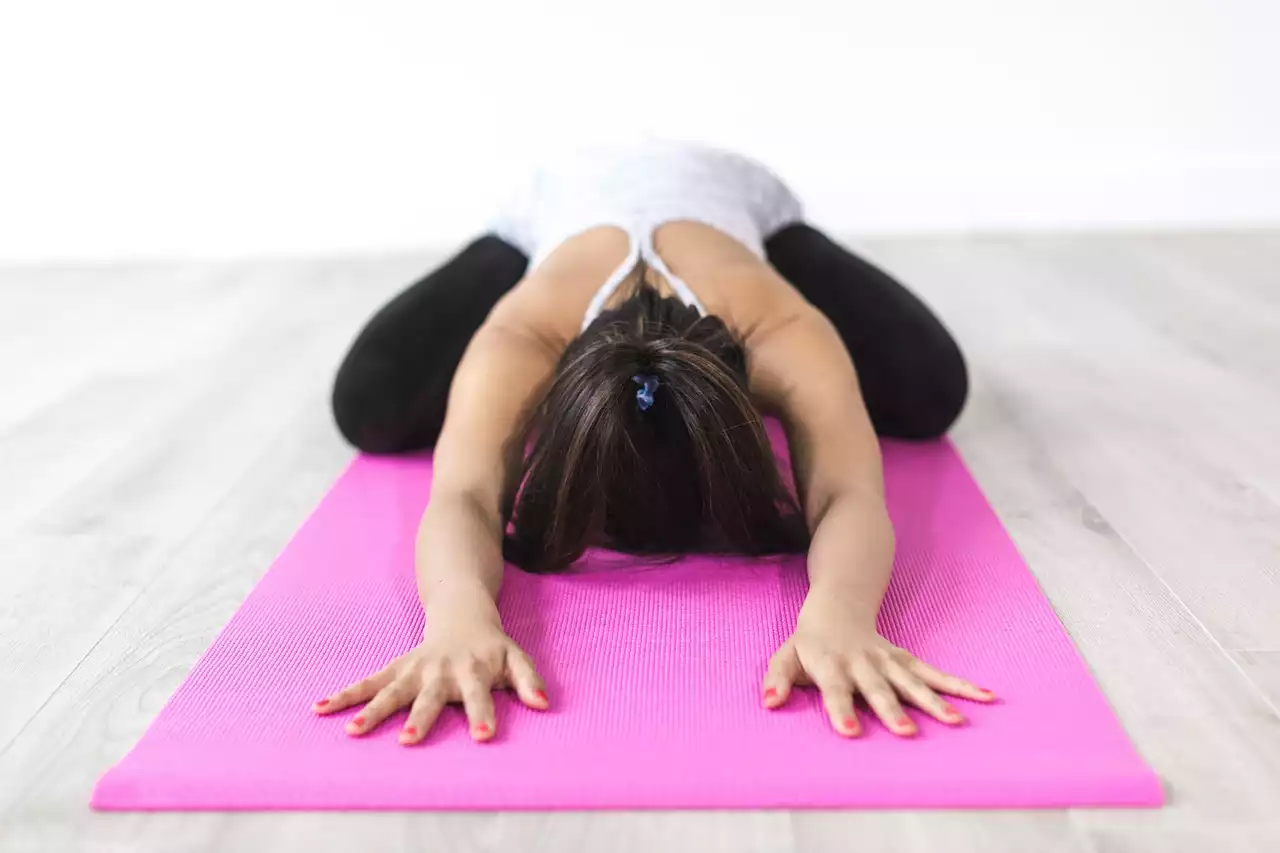What is meditation?
Meditation is an activity that involves focused attention on one thing. This can include focusing on the breath, visualizing an object, focusing on a feeling, or repeating a mantra. The idea behind meditation is to achieve a state of relaxation and reduce stress by focusing on one thing, thereby allowing for the release of stress. Meditation can be practiced either in a seated or lying down position, and it has been shown to affect many areas of the body, including the brain and nervous system. There are many different types of meditation including mindfulness, guided imagery, and transcendental meditation. There are also many different techniques and practices within these types of meditation. Depending on the type of meditation you practice, you may or may not use imagery, visualizations, or sound.
Benefits of meditation for sleep
- Improves sleep quality - Meditation can be a great tool for improving sleep quality. Many people who suffer from insomnia find that practicing mindfulness or some other type of meditation helps them to relax and fall asleep more easily. Meditating before bedtime can also help to reduce stress and anxiety, which is another common cause of sleep issues.
- Reduces stress and anxiety - Stress and anxiety are common causes of insomnia. By reducing stress and anxiety, meditation can help improve sleep quality.
- Improves mental health - When we sleep, our brains do a lot of processing and healing, making sleep an essential part of mental health and overall well-being Meditation has proven to be an effective way to improve mental health, especially sleep.
- Improves overall well-being- Sleep is essential to many bodily systems. When we don’t get enough restful sleep, it can hurt our health and well-being Meditating has been shown to reduce stress and anxiety and improve mental health, which can lead to a myriad of positive benefits for physical health and well-being such as stronger immune system, reduced risk of heart disease, and better diabetes management.
Meditation techniques for specific needs and conditions
- Meditation for insomnia - Those struggling with insomnia can benefit from a mindfulness meditation practice. This type of meditation involves sitting quietly, focusing on your breath, and observing your thoughts and feelings with a non-judgmental attitude. Once you’ve practiced this for a short period, you can transition into visualization or imagery. During imagery, you can think about a peaceful or relaxing place and let your thoughts flow. It’s important to note that imagery meditation is different from visualization. Visualization is a type of guided imagery that follows a structured script.
- Meditation for pain management - Guided imagery can be used as a meditation technique to help with pain management. This can be especially helpful if you have chronic pain conditions that are difficult to manage with medication. During this type of meditation, you can imagine yourself in a peaceful and relaxing place, focusing on positive thoughts and feelings that help you to manage your pain. You can also focus on breathing, which is another effective way to manage pain.
- Meditation for depression - Those suffering from depression can benefit from mindfulness and imagery meditation. These types of meditation help manage depression because they focus on the present moment, rather than on the past or future.
How to get started with meditation
The best way to get started with meditation is to choose a type of meditation that interests you and that fits your lifestyle. You can try different techniques and types of meditation until you find one that works for you. There are a couple of things you can do to get started with meditation. Firstly, find a quiet place where you can sit or lie down and practice meditation. Make sure you pick a time of day when you won’t be interrupted and can dedicate a certain amount of time to meditation every day. Secondly, set an intention for why you’re meditating. This can be something like improving your sleep or reducing stress and anxiety.
Tips for successful meditation
- Find a meditation style that works for you - There are many different types of meditation, and the best way to get started with meditation is to find a style that works for you. You can try different types of meditation until you find one that feels right for you.
- Set an intention - Meditation is often used to help a specific need or condition, such as improving sleep or managing stress and anxiety. Setting a purpose for why you’re meditating can help you tailor your meditation practice to your specific needs.
- Find a quiet place - This can be anywhere, but finding a quiet place that is free of distractions can help you to focus and improve your meditation practice. - Stay consistent - It can take some time to see the benefits of meditation, so you need to be consistent with your practice.
Guided meditation for sleep
Guided meditation is another way to use meditation to improve your sleep. Guided meditation is when you follow the instructions of another person, such as a meditation teacher. A guided meditation for sleep is useful because it’s one focused thing instead of trying to do a variety of different things that may or may not work for you. Many guided meditations for sleep are available online, and you can use one of these for your meditation practice. Many guided meditations are focused on helping you to relax and clear your mind. This can be a great way to start your meditation practice, particularly if you’re new to meditation and find it challenging to quiet your thoughts.
Conclusion
When it comes to meditation, there are many different types, practices, and techniques to choose from. Meditation can be beneficial for improving sleep and mental health and can be used to help with specific needs and conditions, such as insomnia, pain management, and depression. The best way to get started with meditation is to choose a type of meditation that interests you and that fits your lifestyle. Stay consistent with your practice, and soon you’ll start to see the benefits of meditation for sleep and mental health.










